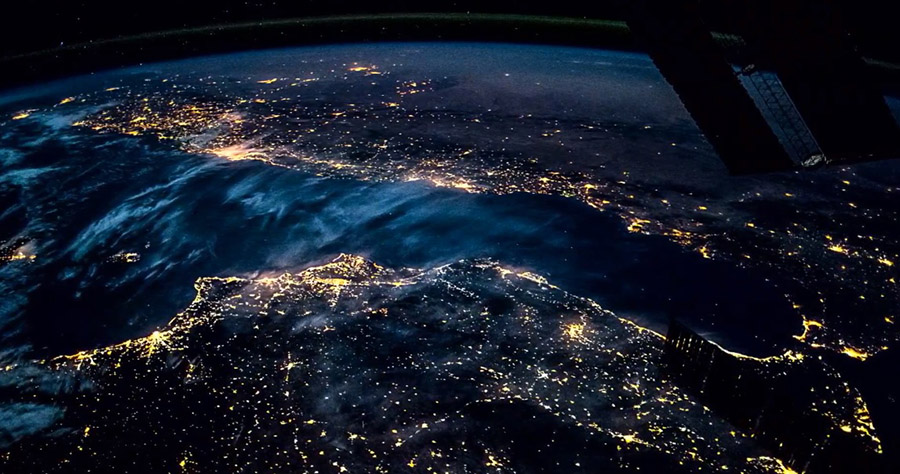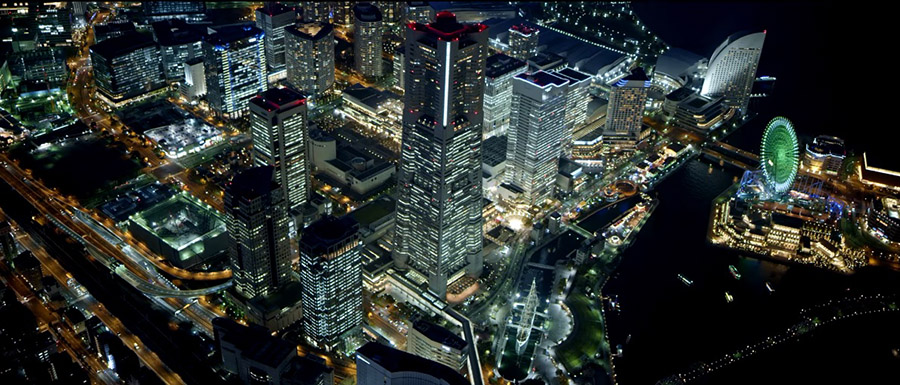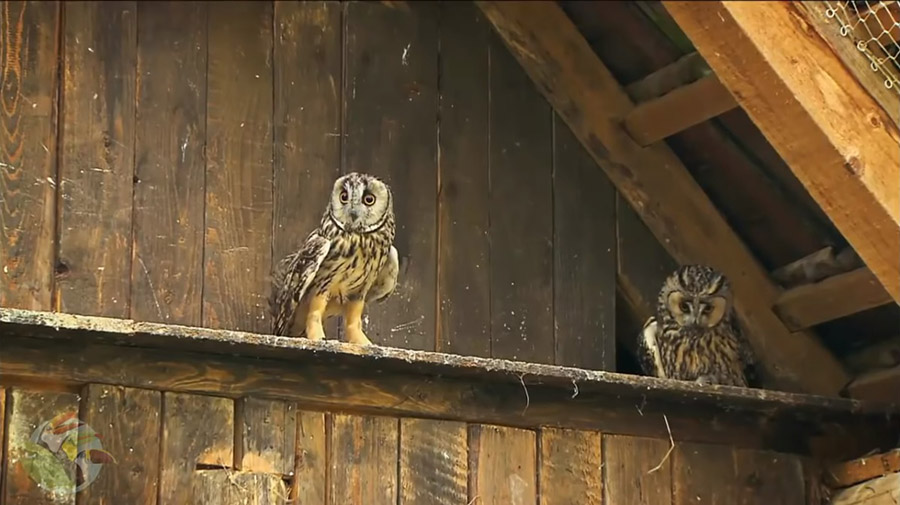Seen from space, our globe hoists a dizzying array of lights. Our skies are getting brighter and our planet is paying the price.

In the words of astronomer Sebastian Vauclair, “For some time, I have been very interested in something that has been preventing us from doing astronomy. That is light pollution, the light that hides the light of the stars. In a sky without light pollution, a normal human eye should be able to see two or three thousand starts with the naked eye”.
As you get closer to the area with light pollution in a peri-urban, or urban area or even in the center of a large metropolis like Paris, the more you see stars disappearing, until you reach a few dozen stars visible.
It is important to know the source of light pollution, so we can measure them. Are they good or bad streetlights? A good street lamp should shine downwards, with a light that is not too white or blue. A good street light should either turn off or lower its power in the middle of the night.
In France, they have created Europe’s first dark sky reserve around the Pic du Midi in the Pyrenees, in the same way national parks are created to protect bio-diversity, but in this case its to protect the night.

The plan was never to transform night into day, its not natural. Nature on earth needs the night, everything on earth has evolved with day and night alternating.
The light bulb is often viewed as the greatest invention of all time, but if it has a dark-side, its the light it generates, its stealing the night. Researches say that 99 percent of Americas and Europeans experience some form of light pollution, and around one third of the globe can’t see the Milky Way.
Of-course its interfering with our ability to view the universe, but is also endangering ecosystems by harming animals whose life-cycles depend on dark skies.
Some species, such as nocturnal birds of prey have different pupils from humans, and therefore can be more sensitive to light. In general, they are disoriented, which can lead to direct death, or an indirect death, because these species have to travel extra miles to find food, to move, to migrate, and end up with a significant loss of energy or a change in their biological rhythm. For example, there are birds that sing in the middle of the night, and in the city we see that, and that’s not normal.

Many barn owls have been found in the ports. This species have no business on the shoreline, at least not in a port, which means they are probably disoriented. We know there are many factors today that affect biodiversity loss in general. And often the problem is not one factor on its own, but the combination of all these factors. They always affect the same species, and this is what causes real loss of biodiversity, and weakens the species.
The good news is, unlike say plastic or air particles, light pollution is easily reversible. And the solution, as you may have already guessed, is as simple as a flick of a switch.









